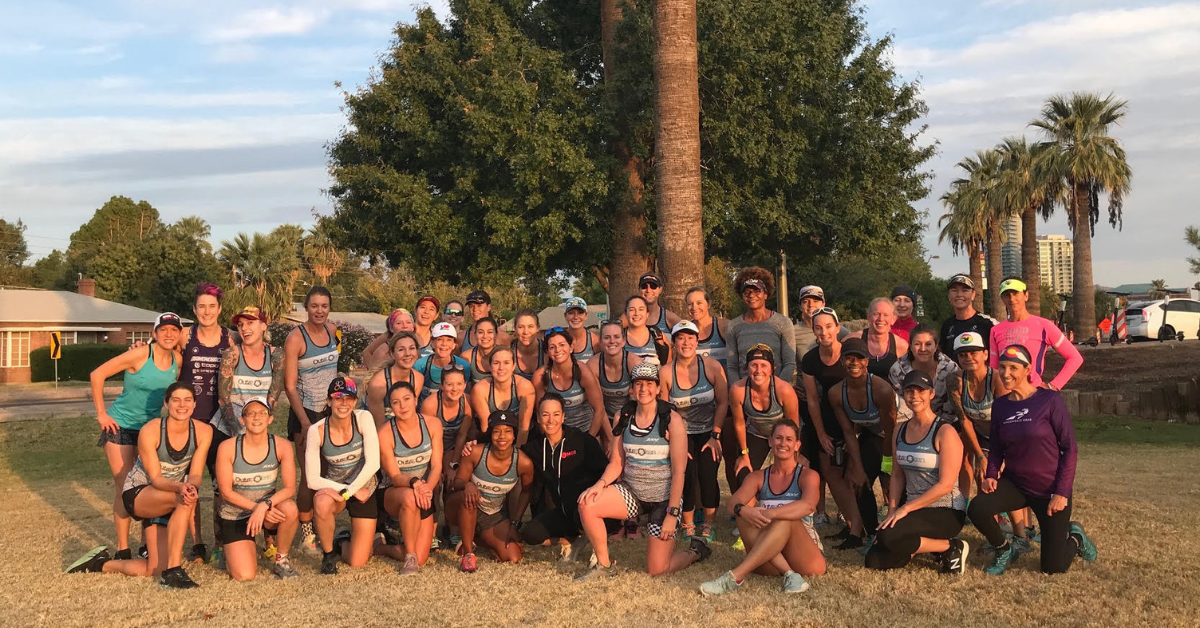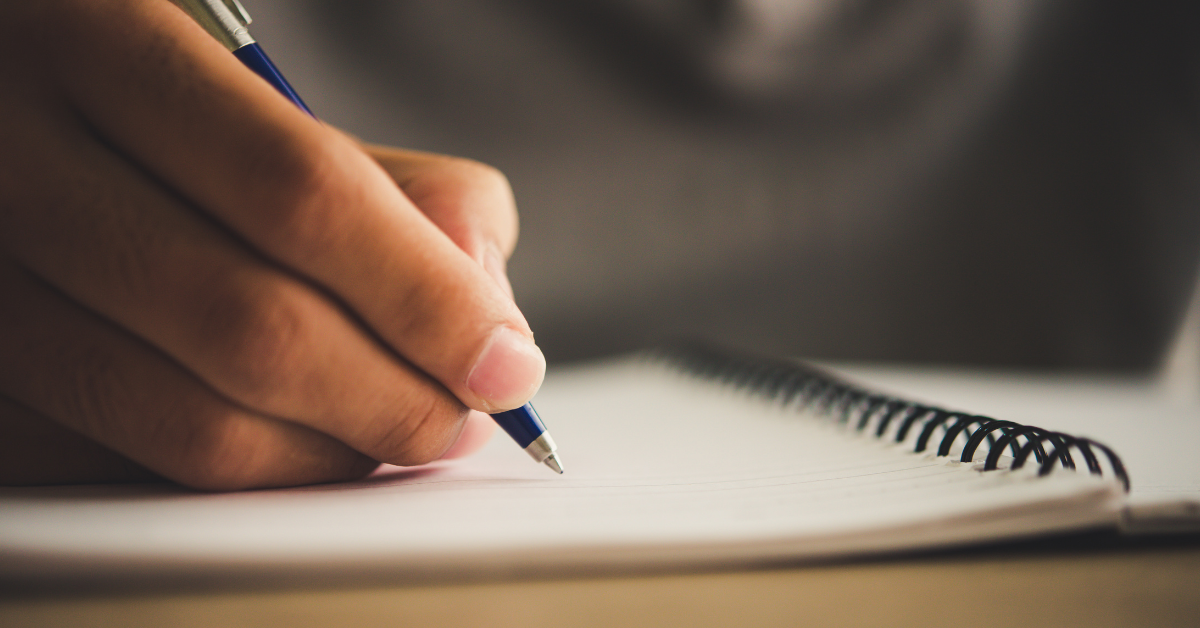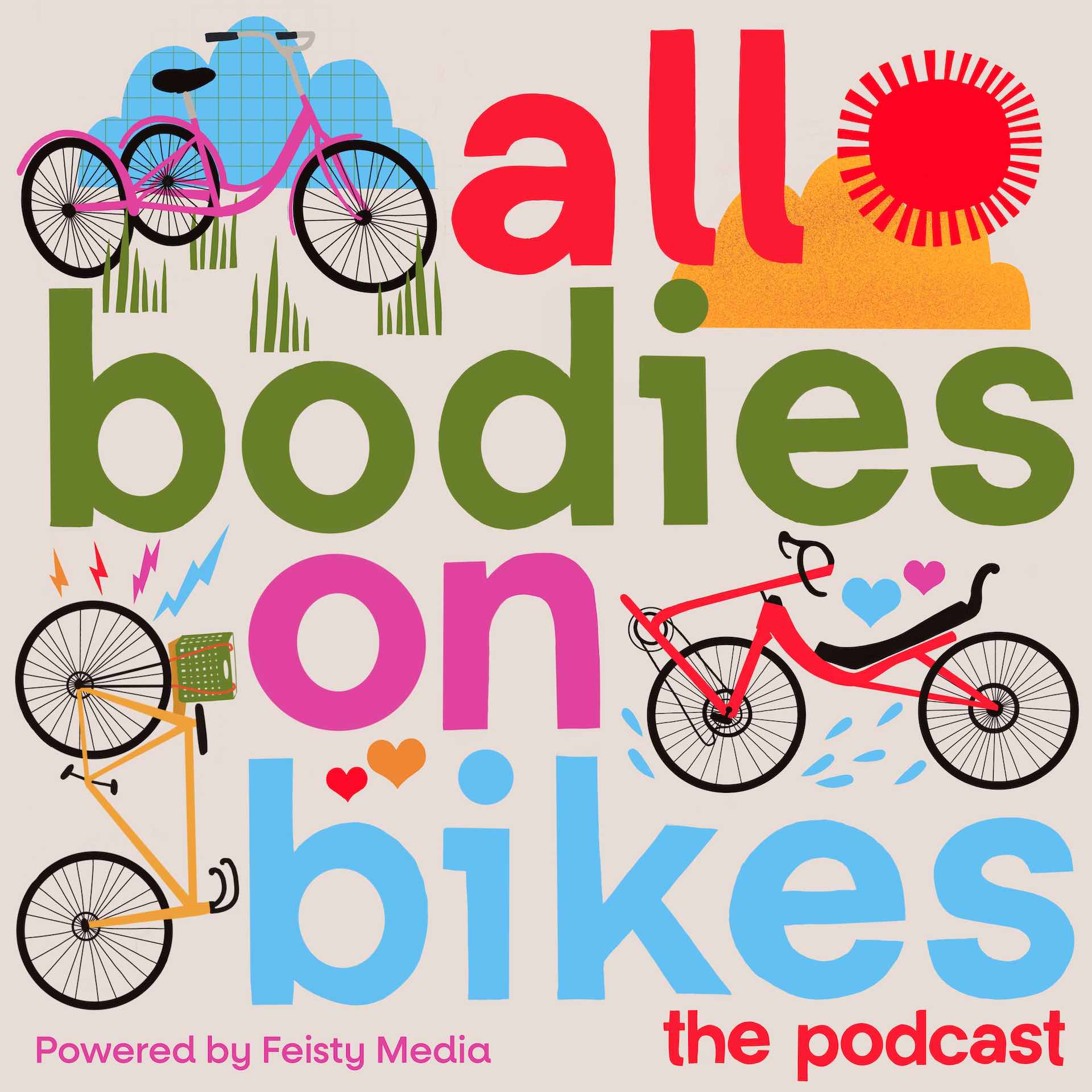January 23, 2024
The Best Training for Your Menopausal Brain

What’s good for your muscles is good for your mind.
By Selene Yeager
As menopausal women, we care a lot about our brains, especially as the hormonal shifts that happen starting in perimenopause can lead to changes in our brains and women have a greater risk of developing dementia in their lifetime compared to men.
One thing we can all do to help build our brains is take care of our bodies, especially our muscles, which are inextricably linked to our minds. Here’s what the latest research shows.
Midlife Movement Matters
Scientists find that the brain structure of superagers is different from their non-superaging peers, and exercise is the reason why. For reference, a superager is someone who has the memory of someone 20 or 30 years younger. And when researchers studied 64 superagers and 55 normal senior citizens, all over age 79 and mostly women for six years they found that age-related atrophy of their grey matter, especially in the regions responsible for memory and movement, developed much more slowly in the superagers than in typical older adults. The superagers performed significantly better on memory tests and also had better mobility and fine motor skills.
Interestingly, they really didn’t move much more in their 80s than their non-superaging peers. What did differentiate the groups was how active they were in their midlife years. The superagers had been more active than their more typical-aging counterparts in their midlife years. This is an observational study, so it can’t indicate direct cause and effect. But it’s clear that exercise helps brain health. So consider your activity now money in your brain bank for tomorrow.
Every Step Counts
Being physically active is related to increased size of brain areas that are important for memory and learning, according to brain scan research. The study, which examined MRI brain scans from 10,125 people, found those who regularly engaged in physical activities such as walking, running or sports had larger brain volumes in their gray matter, which helps with processing information, their white matter, which connects different brain regions, as well as the hippocampus, which is involved in memory. “We found that even moderate levels of physical activity, such as taking fewer than 4,000 steps a day, can have a positive effect on brain health,” said study co-author David Merrill, MD, in a press release.
Strong Body = Strong Brain
Resistance training builds your brain. When you lift weights you stimulate a release of irisin, which is a hormone that crosses the blood-brain barrier and improves the structural health of the brain. Research also shows that improving your strength may help improve cognitive function even if you don’t build a ton of muscle.
High Intensity Exercise Helps Cognition
High-intensity exercise improves your brain function. For one, like strength training, high intensity exercise significantly increases levels of the brain-building hormone irisin. Intense physical activity is also associated with better cognitive performance in older adults with research showing women and men who performed the greatest amount of high-intensity exercise significantly outscored their more easy-going active peers in a variety of cognitive tests including memory and verbal fluency. Other research suggests that HIIT enhances brain functions such as hippocampus-dependent learning and memory.
Blend Cardio & Strength for Your Best Brain Health
A study on 184 cognitively healthy women (53%) and men aged 85 to 99 years old reported that those who combined aerobic and strength training exercise, regardless of duration and intensity, were quicker thinking, more mentally agile, and displayed better cognitive performance than those who were sedentary or did cardio alone.


 Outspoken Women in Triathlon Summit Returns Bigger than Ever
Outspoken Women in Triathlon Summit Returns Bigger than Ever  Driving the Lamborghini: Productivity and the Power of Paper
Driving the Lamborghini: Productivity and the Power of Paper  5 take aways from the Compete Sports Diversity Summit
5 take aways from the Compete Sports Diversity Summit  Simple Tips to Hone Your Bike Handling Skills
Simple Tips to Hone Your Bike Handling Skills 


